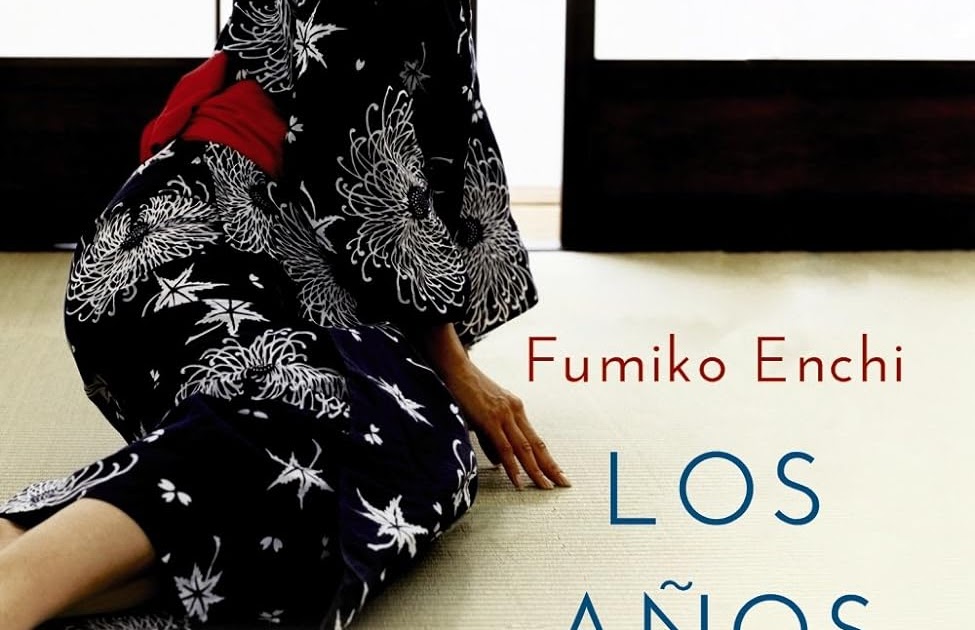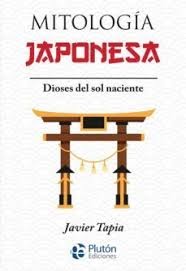
Idioma original: japanese
Original title: Onnazaka
Translation: Keiko Takahashi, Jordi Fiblia
Year of publication: 1939
Valuation: highly recommended
I do not usually compare the original edition of the book (in this case, Japanese) with the Spanish edition, which after all is the one being reviewed, but the title of this novel is one of those cases in which the translator You should put an asterisk and write at the bottom of the page: “untranslatable expression that means…”. Furthermore, the Spanish title does not do justice to the original. In Japanese temples, 女坂 (onnazaka) and 男坂 (otokozaka) are two types of paths or stairs that lead to the sanctuaries, differing mainly in the difficulty of the climb. Onnazaka, a women’s path, is less steep and has a gentler slope, designed to be accessible to the elderly, women in kimono or children. On the other hand, otokozaka, a men’s path, is steeper and more direct, with steps designed for those seeking a more vigorous and physically demanding ascent, seen by some as a test of strength and determination. Fumiko Enchi uses “onnazaka”, in my opinion, with a meaning loaded with sarcasm, pointing out the hypocritical condescension towards women in a society where men rule, despite the fact that in many cases women go through life along a path full of obstacles.

A high provincial official, according to old traditions that are no longer well regarded in the capital, decides to take a concubine, which will reinforce his image as a boss among his entourage. Despite his vile decision, he is liberal enough to delegate the task of choosing the lucky young woman to none other than her devoted wife, who has had to endure his (socially acceptable) infidelities. ) from her husband. Obviously, her husband’s audacity humiliates her. However, “the jealousy of the wife who found herself in such a situation would be counterbalanced by her natural pride in this sign of the family’s growing prosperity.”
There are many aspects of this novel, both in style and theme, that make it worthy of a positive evaluation, but I would like to highlight certain passages that seemed curious to me:
Since one of the main themes of the book is infidelity and the difference in how men and women experience sexuality, erotically charged passages could not be missing. One of my favorite scenes is when the wife struggles to catch a snake that had snuck into the room in the middle of the night. The action causes her to open her kimono, leaving her shoulders and breasts bare, covered in sweat and illuminated by the moon. This scene is not only visually striking, but also contrasts the vulnerability and strength of the protagonist. The snake, a representation of the invader, in this context seems to symbolize the constant threats to family stability. The image of the woman, both exposed and powerful in her determination to protect her home, encapsulates many of the tensions that Enchi explores throughout the novel.
Another passage that stands out is the description of the wife’s choice of concubine. The author manages to capture the complexity of the protagonist’s emotions, mixing resentment, resignation and a perverse sense of duty. The way the wife handles this situation reflects her intelligence and her ability to manipulate social expectations in her favor, even in a humiliating situation.
One of the characters that most attracted me was the “otokogeisha”, the male geisha, an anachronistic figure already at the end of the 19th century, who serves as matchmaker during the election of the concubine. Being in constant contact with men of nobility, he views the customs of the provincials with disdain, although at the same time he envies the pride of a tradition that is disappearing.
In conclusion, “The Years of Waiting” is both a moving work and a profound social critique (note the year of publication). Descriptions of the customs of the time enrich the narrative, offering a vivid and critical vision of Japan at the end of the 19th century. Ultimately, this book is an essential work for those seeking to better understand Japanese literature and the gender dynamics that Enchi so skillfully highlights. Personally, it is one of my favorite Japanese novels.
Source: https://unlibroaldia.blogspot.com/2024/06/fumiko-enchi-los-anos-de-espera.html


